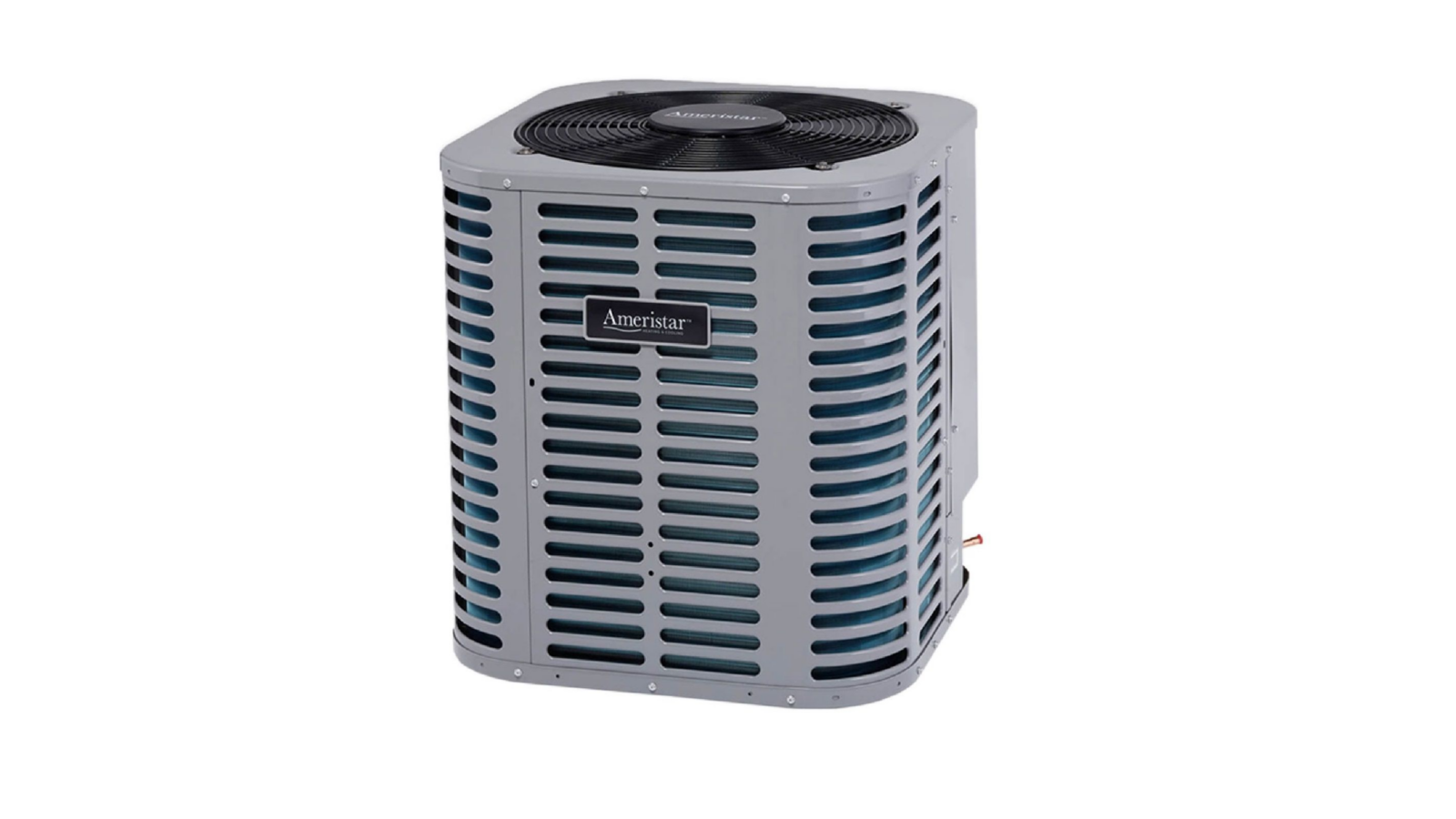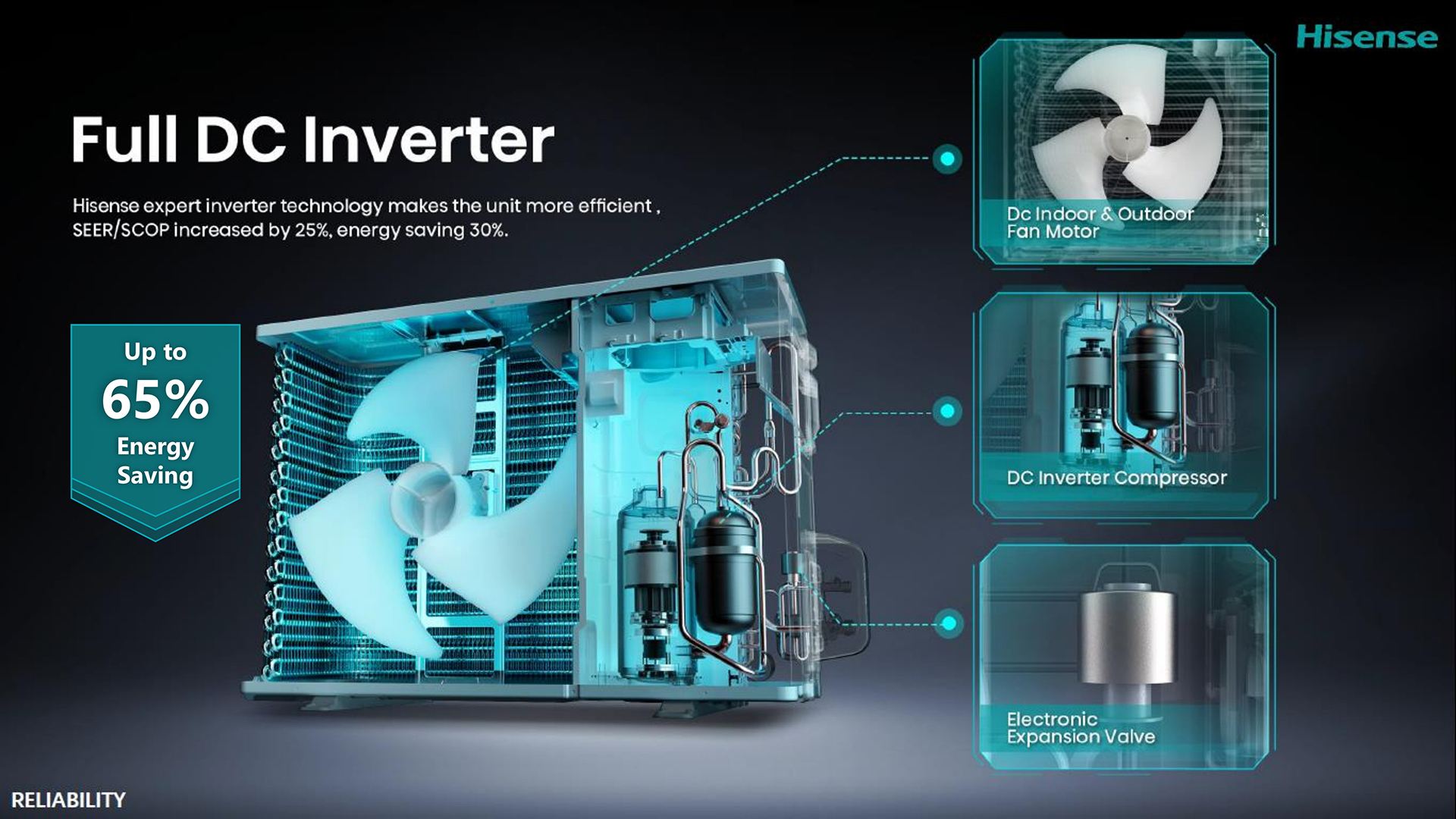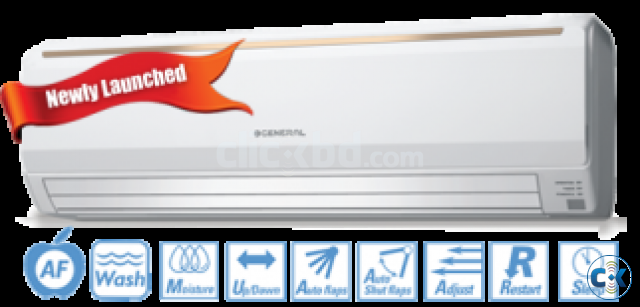1.5 Ton Air Conditioner Compressor Price

Understanding the Cost of a 1.5 Ton Air Conditioner Compressor
If your home isn't cooling as it should, and your HVAC technician mentions the word "compressor," your ears might perk up. The compressor is the heart of your air conditioning system, and replacing it can be a significant expense. This article dives into what you can expect to pay for a 1.5 ton air conditioner compressor, factors influencing the price, and whether a DIY approach is even feasible.
What is a 1.5 Ton Air Conditioner Compressor?
A 1.5 ton air conditioner has a cooling capacity of 18,000 BTUs (British Thermal Units) per hour. It's commonly used to cool smaller homes or individual zones within larger residences. The compressor is responsible for circulating refrigerant, which absorbs heat from inside your home and releases it outside. It's a critical component for the AC to function.
Average 1.5 Ton AC Compressor Price: Parts and Labor
The cost of replacing a 1.5 ton AC compressor varies considerably. Expect to pay anywhere from $800 to $2,500, including both the part and labor. Here's a breakdown:
- Compressor Unit: $500 - $1,500
- Labor: $300 - $1,000
These are just averages. Prices can fluctuate based on several factors which we'll discuss in the next section.
Factors Influencing the Compressor Price
Several elements affect the final price of a 1.5 ton AC compressor replacement:
- Compressor Brand and Model: Well-known brands like Copeland, Danfoss, and Bristol generally cost more than lesser-known brands. More efficient or specialized models will also command a higher price.
- Type of Compressor: There are different types of compressors, including scroll, reciprocating, and rotary. Scroll compressors are generally more efficient and quieter but also more expensive.
- Refrigerant Type: Older AC systems may use R-22 refrigerant, which is being phased out. Compressors compatible with R-22 are becoming increasingly expensive and harder to find. Newer systems use R-410A, which is more readily available. Switching to a different refrigerant might require replacing other components, significantly increasing the overall cost.
- Labor Costs: Labor rates vary depending on your location, the HVAC technician's experience, and the complexity of the job. Getting multiple quotes is always recommended.
- Warranty: Compressors with longer warranties usually cost more upfront but can save you money in the long run if the compressor fails prematurely.
- HVAC Company: Larger companies with more overhead may charge higher prices than smaller, independent contractors.
- Location: Prices can vary significantly based on your geographic location. Expect to pay more in areas with a higher cost of living.
- Season: During peak season (summer), HVAC technicians are in high demand, which can drive up prices.
DIY Compressor Replacement: Is It a Good Idea?
While it might be tempting to save money by replacing the AC compressor yourself, it's generally not recommended unless you have extensive HVAC experience and the necessary certifications. Here's why:
- Refrigerant Handling: Handling refrigerant requires EPA certification. Improper handling can be dangerous and illegal.
- Electrical Hazards: Working with high-voltage electrical components can be lethal.
- System Compatibility: Choosing the wrong compressor can damage your AC system.
- Warranty Voiding: DIY repairs may void the manufacturer's warranty on other components.
- Specialized Tools: Replacing a compressor requires specialized tools like a vacuum pump, manifold gauges, and refrigerant recovery equipment.
- System Charging: After replacing the compressor, you'll need to properly charge the system with refrigerant, which requires precise measurements and specialized equipment.
- Potential Damage: Improper installation can damage other components, leading to even more expensive repairs.
Safety Tip: Always disconnect the power to your AC unit before attempting any repairs.
If you're considering DIY, focus on simpler tasks like cleaning the condenser coils or replacing the air filter. Leave compressor replacements to qualified professionals.
When to Call a Professional HVAC Technician
Here are some signs that you need to call a professional HVAC technician:
- Your AC is not cooling properly.
- You hear unusual noises coming from the outdoor unit.
- Your energy bills have increased significantly.
- The compressor is making a loud buzzing or clicking sound.
- There is refrigerant leaking from the unit.
- The system is constantly cycling on and off.
Important: If you suspect a refrigerant leak, evacuate the area and call a professional immediately. Refrigerant can be harmful if inhaled.
Troubleshooting Before Calling for Service
Before calling an HVAC technician, try these simple troubleshooting steps:
- Check the Thermostat: Make sure the thermostat is set to "cool" and the temperature is set appropriately.
- Replace the Air Filter: A dirty air filter can restrict airflow and cause the AC to work harder.
- Check the Circuit Breaker: Make sure the circuit breaker for the AC unit hasn't tripped.
- Clean the Condenser Coils: Use a garden hose to gently clean the outdoor condenser coils. (Disconnect power first!)
- Clear Obstructions: Make sure there are no obstructions blocking airflow to the outdoor unit.
If these steps don't resolve the issue, it's time to call a professional.
What to Expect During a Compressor Replacement
Here's what to expect when a professional replaces your AC compressor:
- Diagnosis: The technician will diagnose the problem to confirm that the compressor is the issue.
- Refrigerant Recovery: The technician will recover the refrigerant from the system using specialized equipment.
- Compressor Removal: The old compressor will be disconnected and removed.
- Installation of New Compressor: The new compressor will be installed and connected to the refrigerant lines and electrical wiring.
- System Evacuation: The system will be evacuated to remove any air or moisture.
- Refrigerant Charging: The system will be charged with the correct amount of refrigerant.
- Testing: The technician will test the system to ensure it's working properly.
Tips for Saving Money on AC Compressor Replacement
While compressor replacement is a costly repair, here are some tips to help you save money:
- Get Multiple Quotes: Obtain quotes from at least three different HVAC companies to compare prices.
- Consider a Second Opinion: If you're unsure about the diagnosis, get a second opinion from another technician.
- Ask About Warranties: Choose a compressor with a good warranty to protect yourself against future failures.
- Explore Financing Options: Some HVAC companies offer financing options to help you spread out the cost of the repair.
- Maintain Your AC System: Regular maintenance can help prevent compressor failures and extend the life of your AC unit.
- Check for Rebates: Your utility company may offer rebates for installing energy-efficient compressors.
- Negotiate: Don't be afraid to negotiate the price with the HVAC technician.
Preventative Maintenance to Extend Compressor Life
Proper maintenance is crucial for extending the life of your AC compressor and preventing costly repairs. Here are some essential maintenance tasks:
- Regularly Change the Air Filter: A dirty air filter restricts airflow and causes the compressor to work harder. Change the filter every 1-3 months, depending on usage and air quality.
- Clean the Condenser Coils: Dirty condenser coils reduce the AC's efficiency. Clean the coils at least once a year, preferably in the spring before cooling season.
- Inspect the Fan Blades: Make sure the fan blades are clean and free of debris.
- Check for Refrigerant Leaks: Look for signs of refrigerant leaks, such as oily residue or ice buildup on the refrigerant lines.
- Schedule Professional Maintenance: Have your AC system professionally inspected and tuned up at least once a year.
Alternatives to Compressor Replacement
In some cases, compressor replacement may not be the best option. Here are some alternatives to consider:
- Whole-House System Replacement: If your AC system is old and inefficient, it may be more cost-effective to replace the entire system.
- Ductless Mini-Split System: If you only need to cool a specific area, a ductless mini-split system may be a better option.
- Window AC Unit: For very small spaces, a window AC unit may be sufficient.
Ultimately, the best solution depends on your specific needs and budget. Consult with a qualified HVAC technician to determine the most appropriate course of action.
Compressor Failure: Common Causes
Understanding why compressors fail can help you take preventative measures. Here are some common causes:
- Refrigerant Leaks: Low refrigerant levels cause the compressor to overheat.
- Contaminated Refrigerant: Moisture or other contaminants in the refrigerant can damage the compressor.
- Overheating: Restricted airflow, dirty coils, or a malfunctioning fan can cause the compressor to overheat.
- Electrical Problems: Issues with the motor or electrical connections can lead to compressor failure.
- Wear and Tear: Like any mechanical component, compressors eventually wear out over time.
- Improper Installation: Incorrect installation can stress the compressor and shorten its lifespan.
By being proactive with maintenance and addressing potential problems early, you can help prevent compressor failure and keep your AC system running smoothly for years to come.










